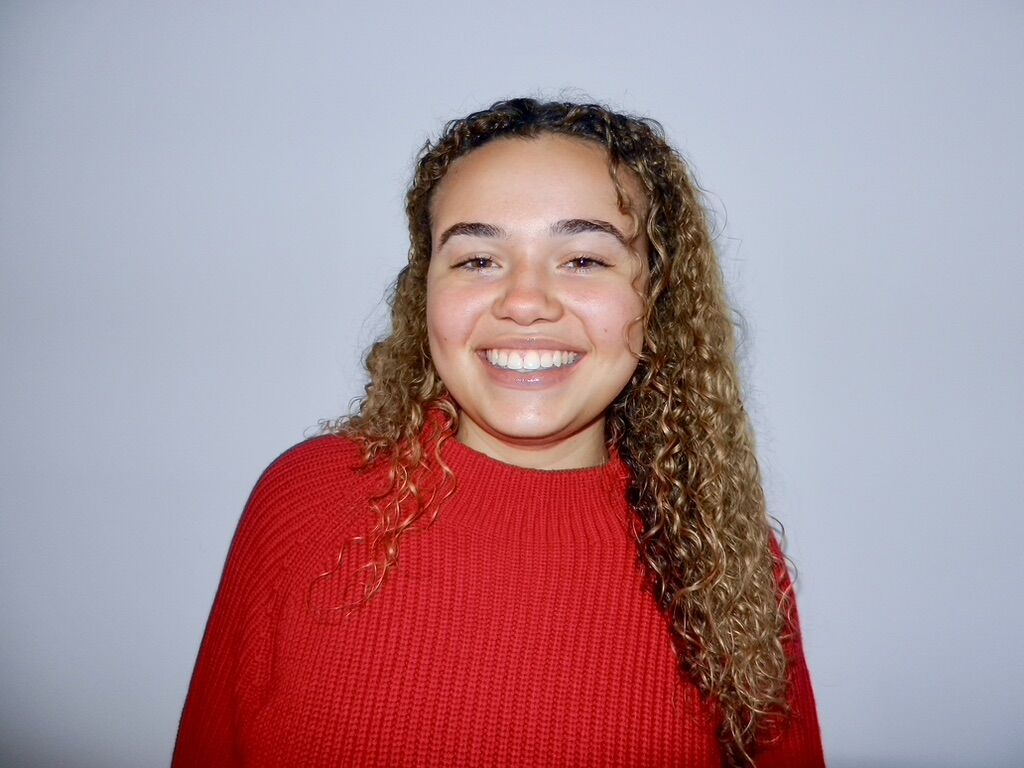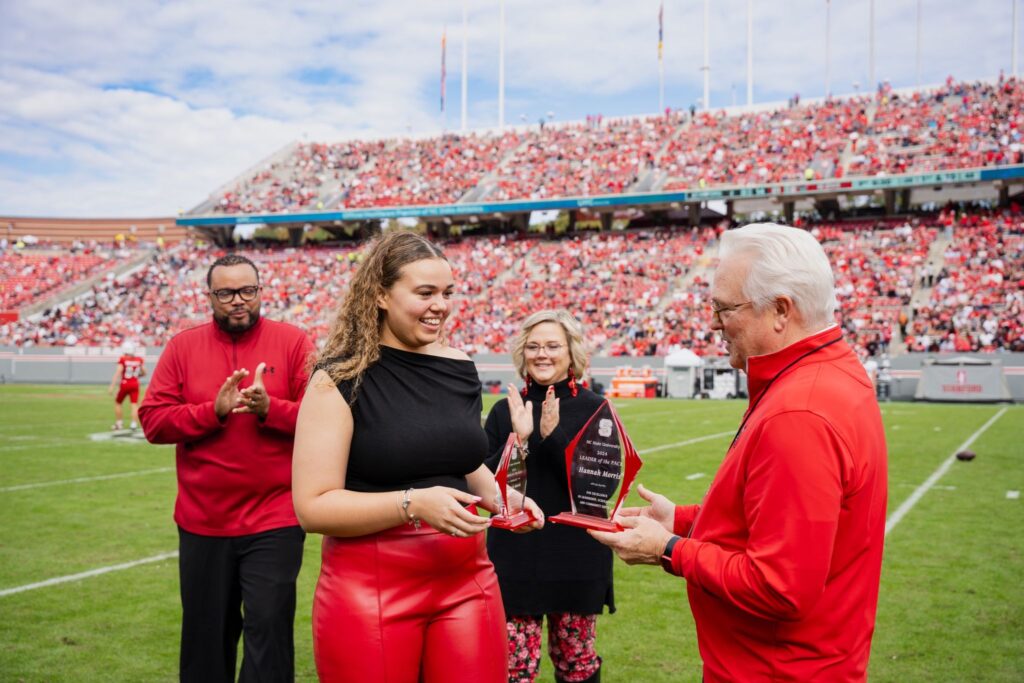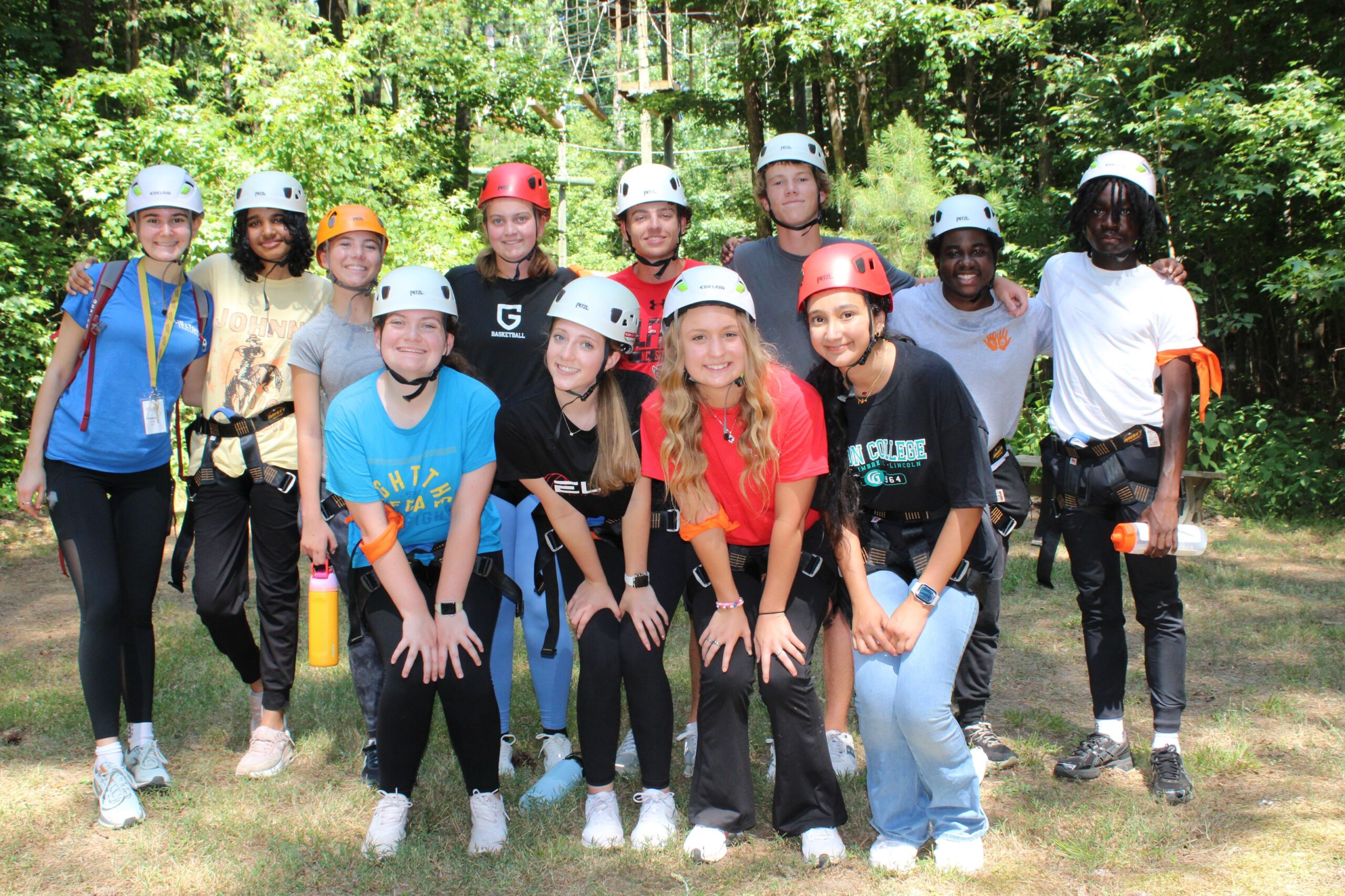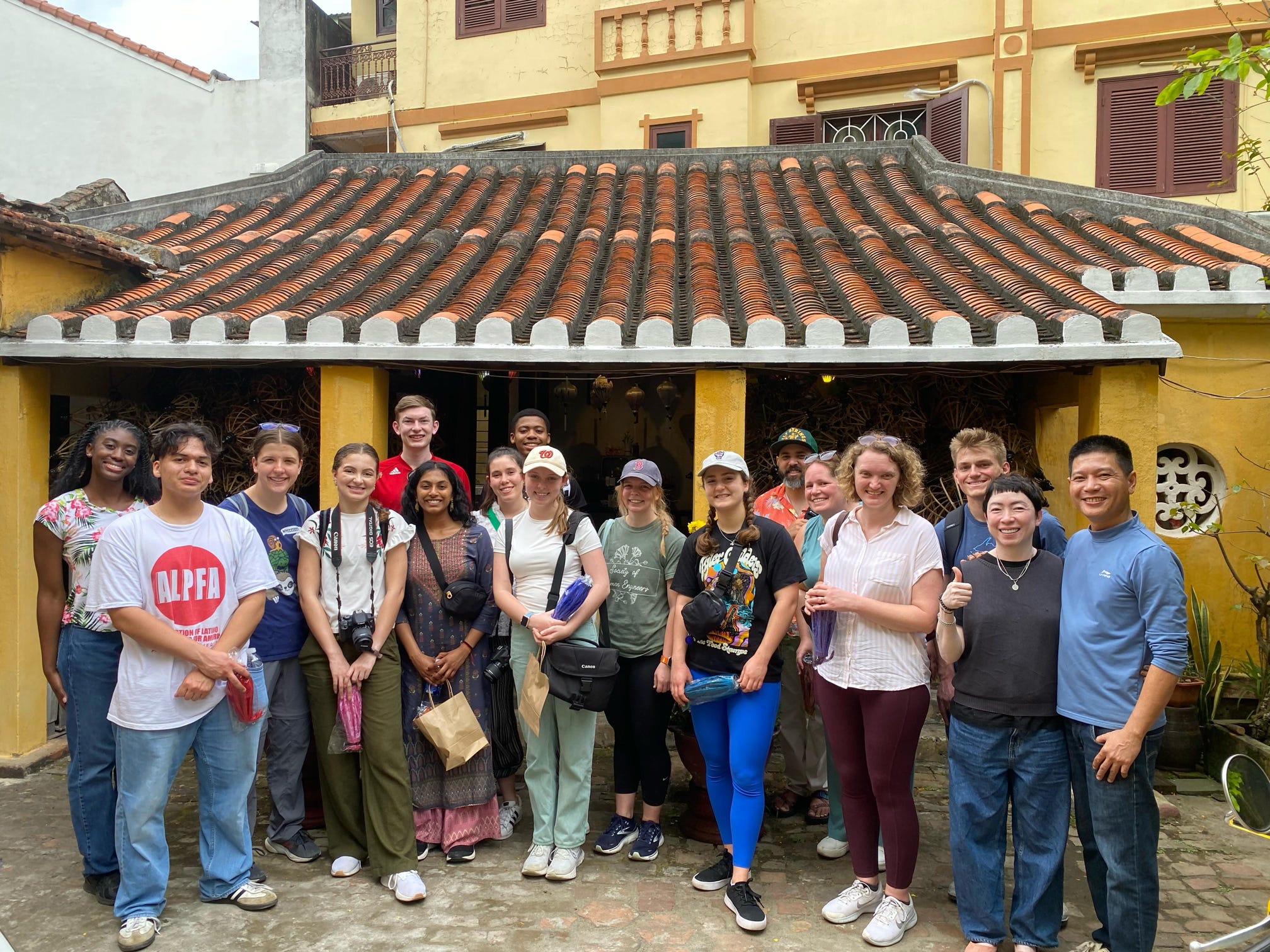Leadership: Cross-Disciplinary Perspectives Minor Alumni Feature: Hannah Morris
The Leadership: Cross-Disciplinary Perspectives Minor is available to all NC State students regardless of major and is designed to develop students’ knowledge, practical skills, and values-driven mindset needed to lead with integrity and make a positive impact in any field.

Hannah Morris ‘25, a senior applied educational studies major, will graduate in May 2025 with a minor in the Leadership: Cross-Disciplinary Perspectives minor, which is administratively operated through the Shelton Leadership Center.
Through her time at NC State, Morris has completed many leadership experiences on campus, including as a Goodnight Scholar, President of the NC State chapter of Best Buddies, and more. In Fall 2024, Morris was recognized for her leadership on campus when she was named the Leader of the Pack, a program that honors and recognizes students for their outstanding contributions in leadership, scholarship and service.
With a long-standing background in leadership experience, Morris said she was drawn to the Leadership minor because of the opportunity to expand her critical thinking skills. The minor is designed to develop students’ knowledge, practical skills, and values-driven mindset needed to lead with integrity and make a positive impact in any field.
“I was going through the catalog in MyPackPortal and saw the Leadership: Cross-Disciplinary Perspectives Minor. Then I went to the website to read the description, and I thought a lot of what the minor talked about like analyzing different critical and creative decision-making models and leadership strategies would be interesting and helpful to me for my future career,” Morris said. “I also loved the flexibility of the minor – my advisor was able to see that a lot of classes I had already taken counted towards the minor, leaving just the leadership courses to take.”

Beyond the classroom. Real-world application.
While completing one of the minor’s courses, SLC 250: Critical and Creative Decision Making Models, Morris honed essential skills that she has since applied to external leadership opportunities, such as her role on the NC State Best Buddies executive board.
“[In SLC 250], we learned all about these different critical and creative decision-making models. The way the course was laid out, we always learned about one method, did some activities, then did a reflection,” Morris said. “In the reflections, we had to talk about ways that we planned to use that thinking strategy outside of the classroom. I was always able to find ways to use them in my role as the president of Best Buddies.”
While the Best Buddies group efficiently plans and executes events on a regular basis, Morris said the skills developed through coursework in the minor helped her to prioritize evaluation and reflection within leadership experiences.
“Before I took [SLC 250], I had never sat back with my [Best Buddies] executive board to evaluate how the event went. It was always just, ‘It’s good, it’s done, there were no problems, let’s go on to the next one.’ There was no evaluation of what went well, and what can we do better, so that was one of my biggest takeaways,” Morris said. “That aspect has really helped in my leadership, especially with Best Buddies, because that is where I am in leadership outside of the classroom serving as president. This has helped our club as a whole.”
A lasting impact.
SLC 250 is a required course for all Leadership minor students, who also have the option to choose from a variety of elective courses. And while SLC 250 is mandatory, Morris said it was an essential learning experience within her NC State education, “I will sing the praises of SLC 250 forever, I loved that class!”
What makes the course – and the whole minor – so impactful, according to Morris, is that the content discussed is relevant across job functions and industries.
“[The minor] is a great way to supplement any job you want to do, whether it is front-facing, or you want to work in an office, or any other job you want to have, you are going to have to work in a team at some point,” Morris said. “It is a minor that does not add stress to your graduation plan, and you are able to connect as it is applicable to all people in different career fields. In my experience, the way the classes [in the minor] have been taught to me, you are able to connect it to your field no matter what your major is. ”
One of the unique benefits of the minor is its interdisciplinary nature. The minor is open to students of all majors and backgrounds, which delivers an opportunity for students to be exposed to students from across campus outside of their colleges.
“Everyone in the minor comes from different majors, so everybody can bring their own unique ideas and perspectives to the classroom,” Morris said. “You are able to learn about other people and their perspectives while also being able to showcase your perspective and where you are coming from. I don’t think anybody in my class had the same exact major or career plan, and that was something I appreciated – I learned about people that I probably would have never had the chance to run into otherwise.”
Morris sees the direct impact of the minor as she prepares for future educational opportunities.
“It taught me so much, and it felt like everything we were doing had intentionality behind it,” Morris said. “I could actually see the way that it was helpful in my schooling, grad school applications, or how I could apply it to my future career.”
Morris aspires to work in academia, more specifically in a leadership role within higher education administration. Currently, she is focused on her next steps, saying, “In the short term, I am going to continue to be a student, and have been applying to graduate schools.” She added, “Some stuff that I learned in SLC 250 has helped me with my applications.”
Morris envisions working in student life after completing her master’s degree, and believes the skills acquired during her Leadership minor would translate well into her future career.
“I think that the strategies outside of even just the thinking pathways, but the strategies I have learned in my leadership classes of what it takes to be a good leader [and] what I have learned about self-evaluation will be a really big aspect of what it will take to be a good leader in my career field,” Morris said. “I just had not learned such in-depth self-evaluation and team evaluation until taking courses in the minor. The evaluation aspect, bringing that into whatever career field I go into, will be really important and my biggest takeaway – I did not have that awareness before I took any SLC classes.”
- Categories:


